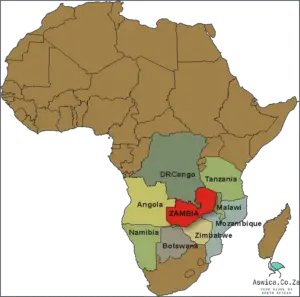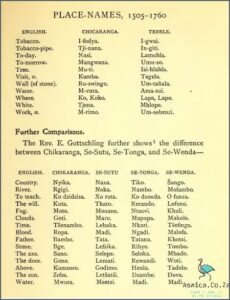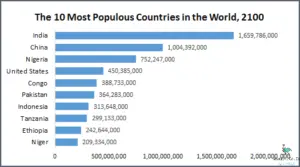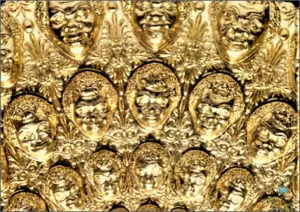
There is no single answer to this question as there is no single African experience. To be African can mean many different things, depending on an individual’s unique cultural and personal background. In general, however, being African typically refers to having origins in one of the 54 countries that make up the African continent. This can include people of African descent who are living in other parts of the world, such as the Caribbean, Europe, or the United States.
There are many different cultures and traditions within Africa, so there is no single African identity. However, there are some common experiences and perspectives that many Africans share. These can include a shared history of colonialism and oppression, a pride in African culture and heritage, and a sense of Pan-Africanism or unity with other Africans across the continent.
Contents
What Does It Mean To Be An African
Being an African means to be part of a diverse and vibrant culture. It means to be part of a continent that has a rich history, with a wealth of languages, traditions, and customs that have been passed down through generations. It means to be part of a people, who, despite all the challenges of poverty, conflict, and climate change, still continues to strive for progress and hope for a better future. It means to be part of a continent that is home to some of the most beautiful places on Earth, with a unique and diverse wildlife, and a wide range of climates and ecosystems. Being an African means to be part of a resilient and strong community, with a strong sense of pride in our culture, and a commitment to making the world a better place.
Historical Context: Colonialism, Slavery and Migration
When it comes to understanding what it means to be an African, it is important to understand the historical context of colonialism, slavery, and migration. For centuries, African people have been subjected to exploitation and oppression by the hands of Europeans and other colonial powers. This has left a lasting impression on African societies and cultures, creating a unique and complex identity.
Colonialism has played a major role in shaping the African identity. Colonial powers, such as Britain and France, sought to control African resources and labor while completely disregarding the rights of native peoples. As a result, many Africans were subjected to harsh and oppressive conditions and their cultures were threatened and suppressed.
Slavery also played a major role in the African experience. Millions of African people were subjected to the horrors of the trans-Atlantic slave trade, and many of those who were taken were forced to live in inhumane conditions on plantations and in slave ships. This horrific experience has left an indelible mark on African society and culture, and has had a lasting impact on the way African people view themselves and their place in the world.
Migration is another factor that has shaped the African identity. As colonization and slavery began to decline, many African people were forced to flee their homelands in search of a better life. Many of these people settled in other parts of the world, where they encountered different cultures and customs, and were forced to assimilate into new societies. This process of migration has had a profound effect on the way African people view themselves and the world around them.
The historical context of colonialism, slavery, and migration has had a profound impact on the African identity. It has shaped the way African people view themselves, their culture, and their place in the world. It is important to understand this history and its impact in order to have a deeper understanding of what it means to be an African.
Cultural Identity: Language, Music and Art
When it comes to exploring the concept of what it means to be an African, it is important to consider the many facets of African culture that help define its unique identity. From language and music to art and traditional values, African culture is widely varied and deeply rooted in the continent’s diverse history.
Language is an integral part of African culture, providing a means of communication, expression, and connection to the past. Several hundred languages are spoken across the continent and each possess their own unique characteristics and nuances. While most African countries have an official language, various dialects and languages are still spoken throughout the continent, creating a rich tapestry of language and culture.
Music is another important part of African culture, with each nation having its own distinct style and sound. From traditional African rhythms to modern-day hip-hop, music has often been used to express emotion, tell stories, and celebrate important events. African music has also been a major influence on global music and culture, with many African-inspired styles and songs making their way to the mainstream.
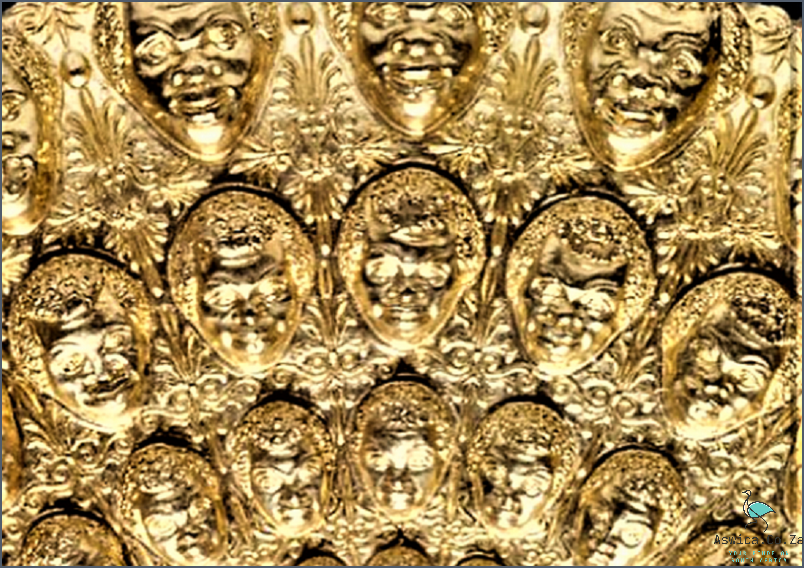
Art is also a major part of African culture, with many indigenous art forms still being practiced today. From sculpture and painting to textiles and jewelry, African art has long been a source of pride and expression. African art is also often used to tell stories, express faith, and honor ancestors, making it an important part of everyday life.
Finally, traditional values and beliefs are a fundamental part of African culture. Many Africans still observe traditional customs and practices, such as honoring ancestors, respecting elders, and celebrating important milestones in life. African culture is also deeply rooted in spirituality and faith, with many Africans believing in a higher power.
Overall, African culture is incredibly varied and diverse, with many unique and beautiful elements. From language and music to art and traditional values, African culture is as varied and unique as the continent itself.
Challenges Faced by African People: Poverty, Health and Education
When discussing what it means to be an African, the conversation often involves complex and multifaceted discussions about identity, culture, and history. As a collective, African people have been subject to centuries of oppression, colonialism, and marginalization making it difficult to define what it means to be an African.
Though there is no single answer, there are several challenges that African people across the continent have had to face. These include poverty, health, and education.
Poverty has been a persistent problem for African countries for many years. This is largely due to the colonial legacy and the unequal distribution of wealth and resources. This has resulted in a lack of access to basic necessities such as food, clean water, and healthcare. In addition to this, poverty has also created a cycle of inequality as many African people are unable to access education or employment opportunities due to the lack of resources.
Health is another major challenge faced by Africans. The continent is home to a disproportionately high number of infectious diseases and epidemics such as HIV/AIDS, malaria, and tuberculosis. These diseases are exacerbated by poverty, lack of access to healthcare, and poor sanitation. In addition, the lack of access to safe and affordable healthcare makes it difficult for many African people to receive the medical treatment they need.
Education is also a major challenge faced by many African people. The lack of educational opportunities, resources, and facilities make it difficult for many African people to receive an education. This is compounded by the fact that many African countries face high illiteracy rates and low educational attainment levels. This has a huge effect on the development of African countries and the ability of African people to access opportunities and achieve success.
Overall, it is difficult to define what it means to be an African as the experience is unique to each individual. However, African people across the continent have had to face several challenges such as poverty, health, and education. These challenges have had a profound effect on the development of African countries and the lives of African people. Therefore, it is important to recognize and address these challenges in order to create a better future for African people.
Conclusion
What does it mean to be an African? This is a question that has been asked for centuries, and one that is still being asked today. There is no single answer to this question, as the meaning of being African varies from person to person and from place to place.
Some people might say that being African means being black, or being of African descent. Others might say that it means being a member of a certain tribe or clan. Still others might say that being African means being born in Africa, or having African ancestors.
No matter what definition you choose, there is one thing that all Africans have in common: we are all connected to the continent of Africa. Whether our ancestors were born there, or we were born there ourselves, Africa is the place that we call home.
So, what does it mean to be an African? It means being connected to a land and a people that we are proud to call our own.

